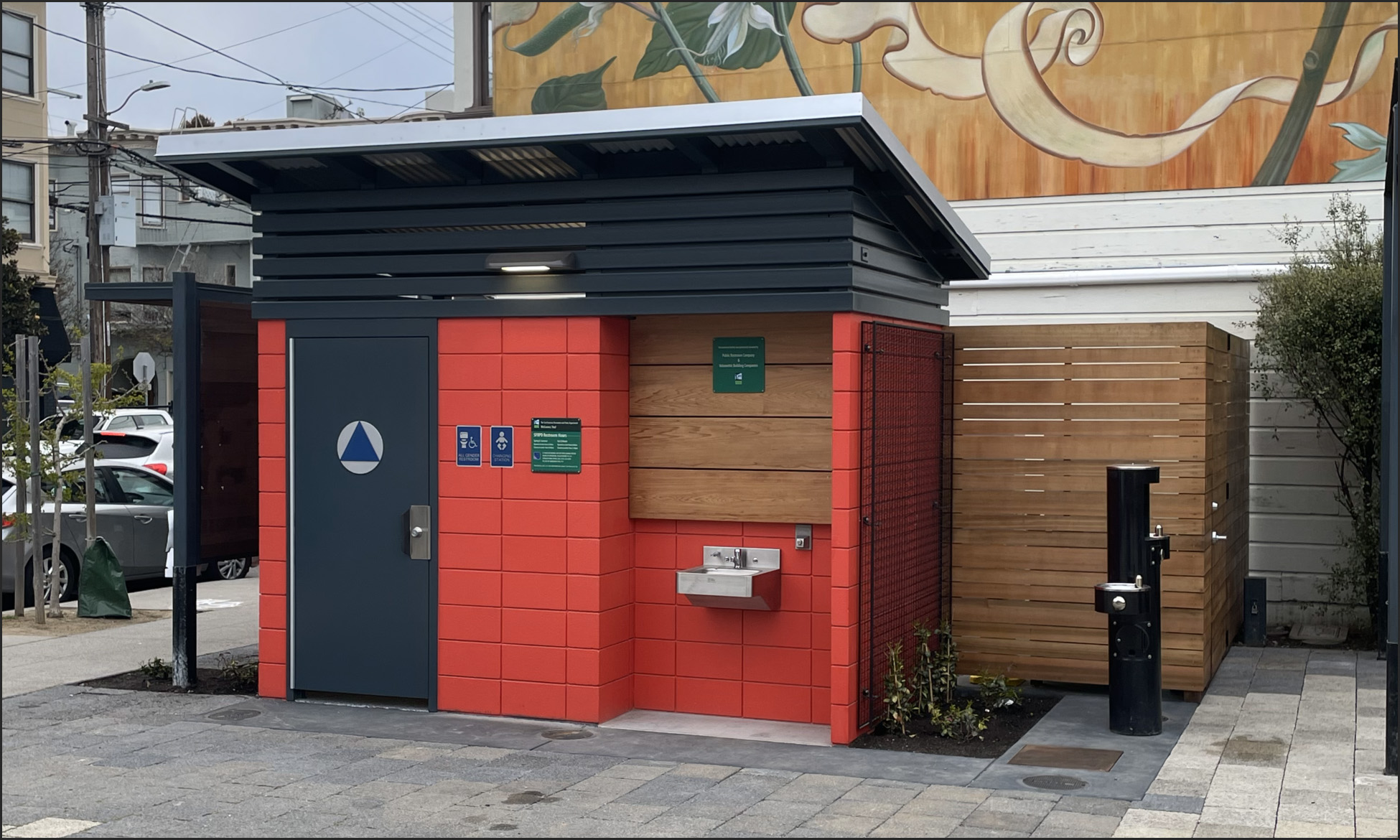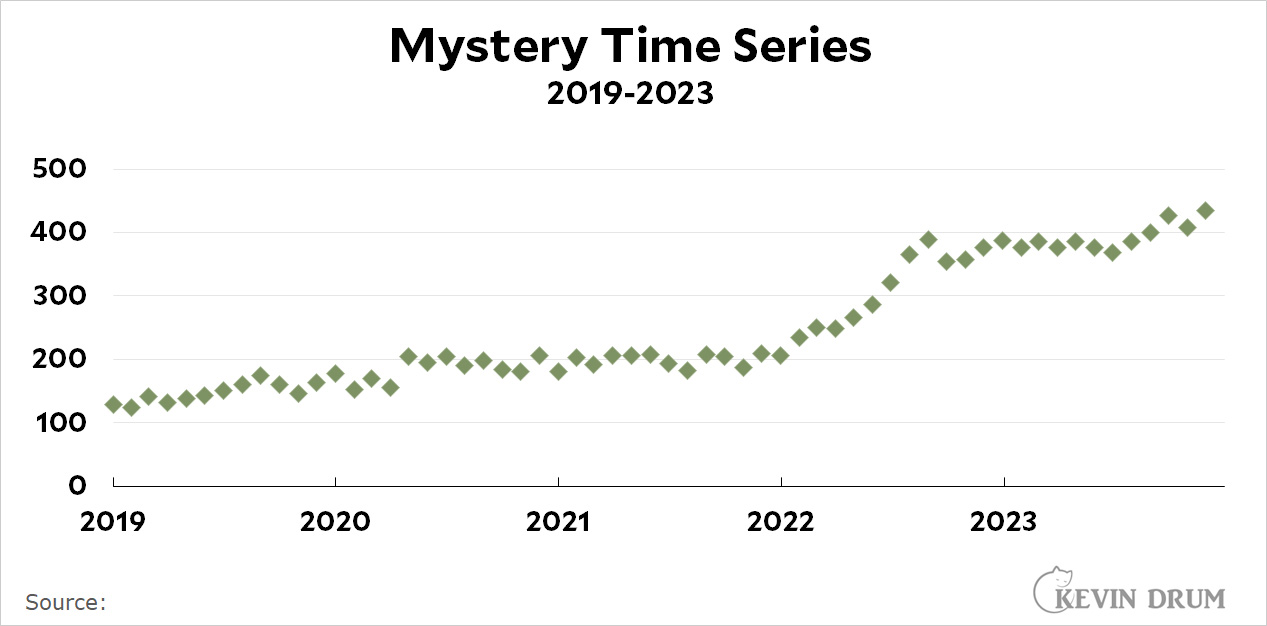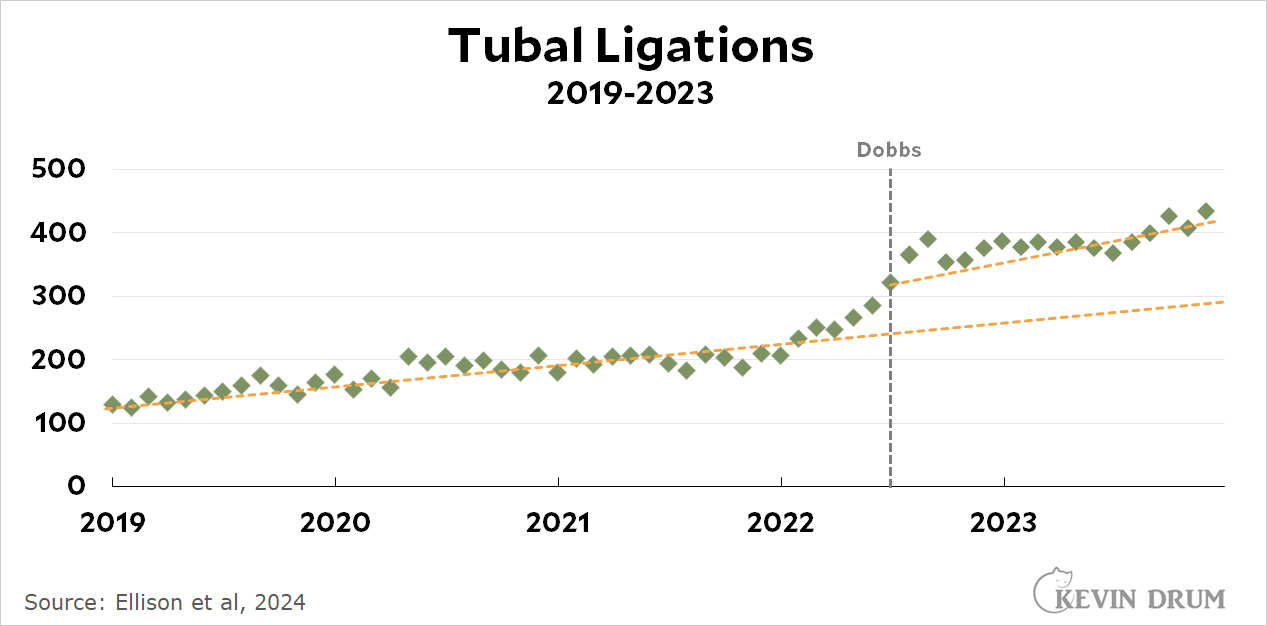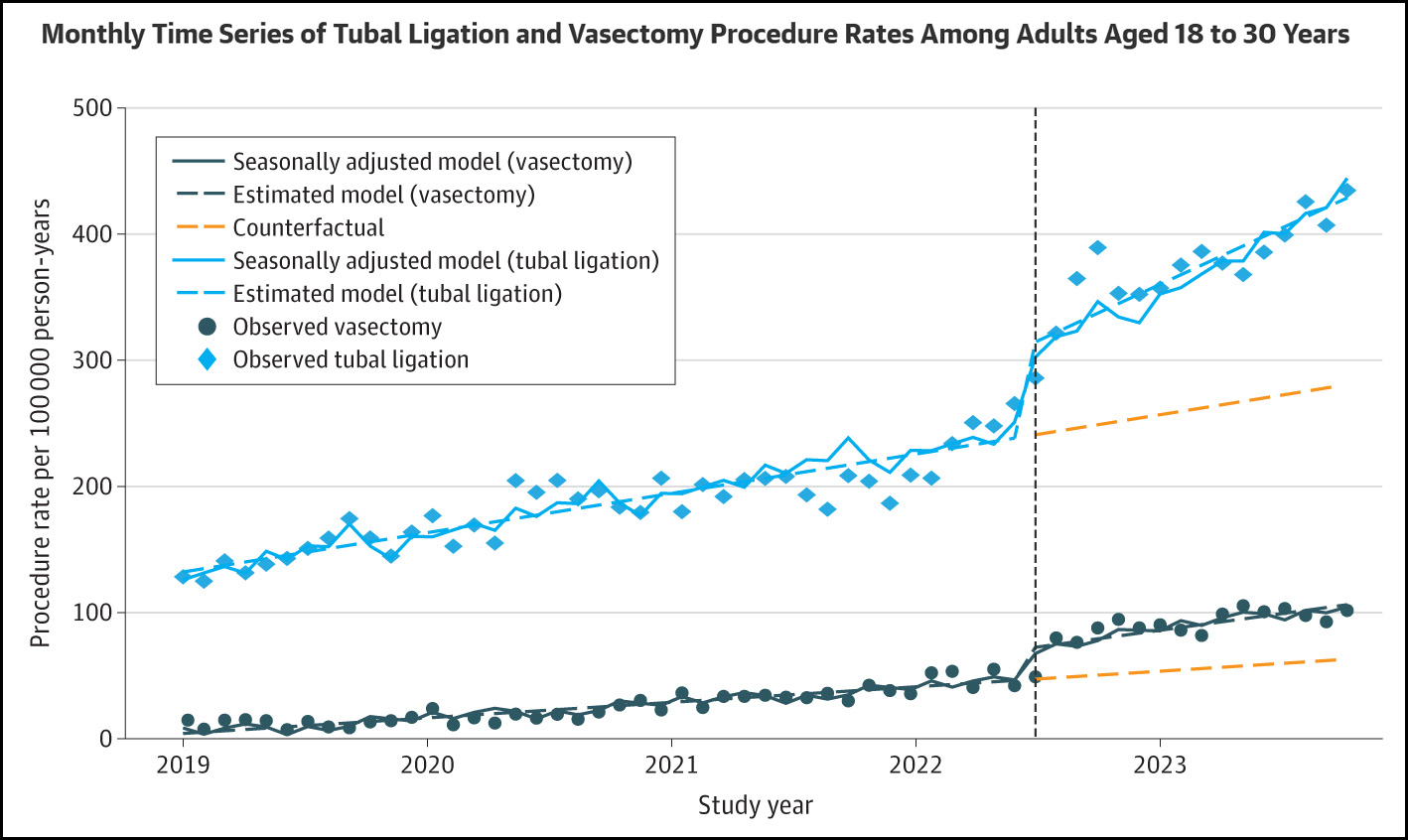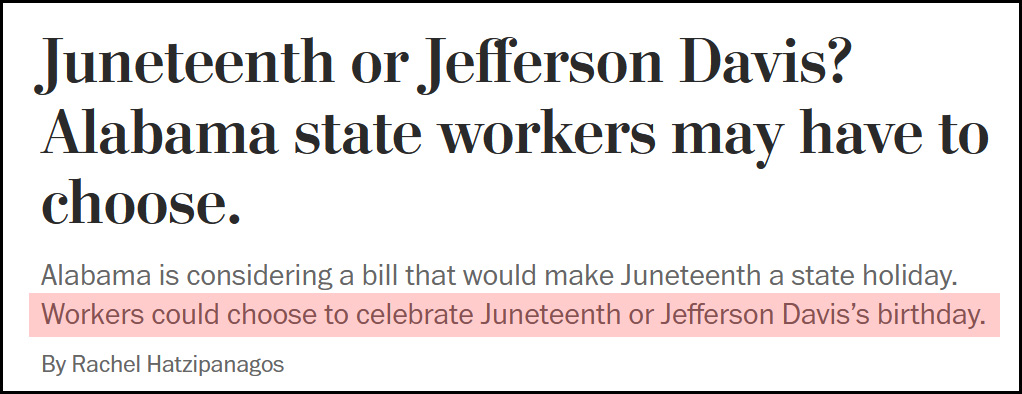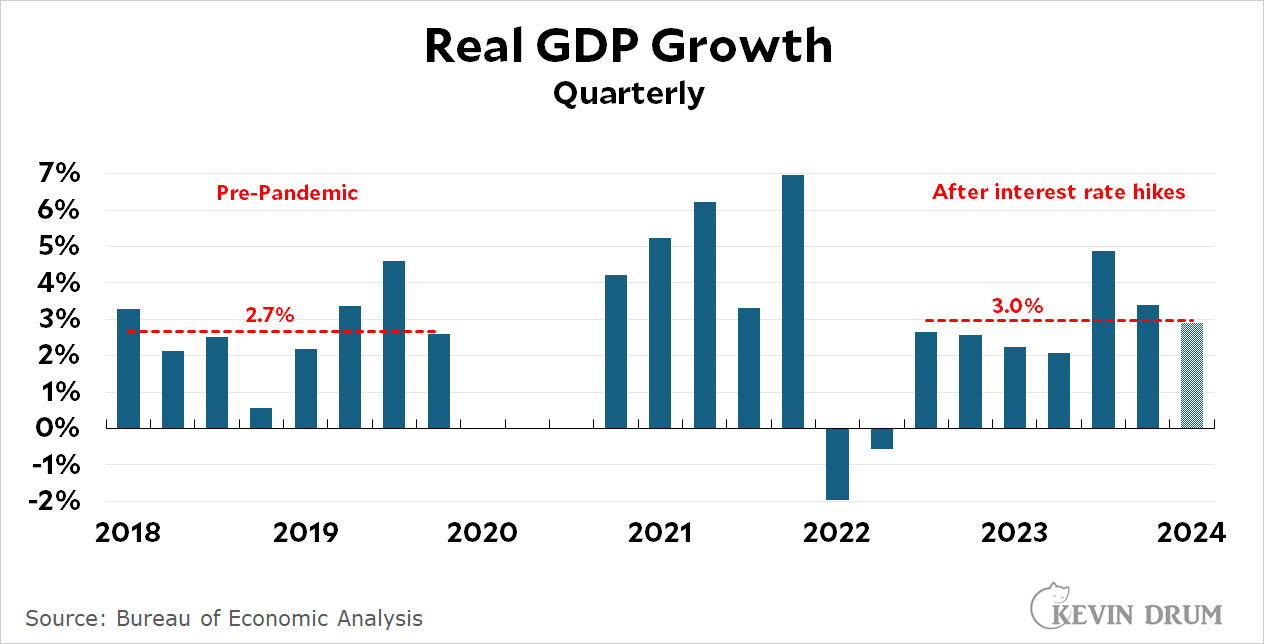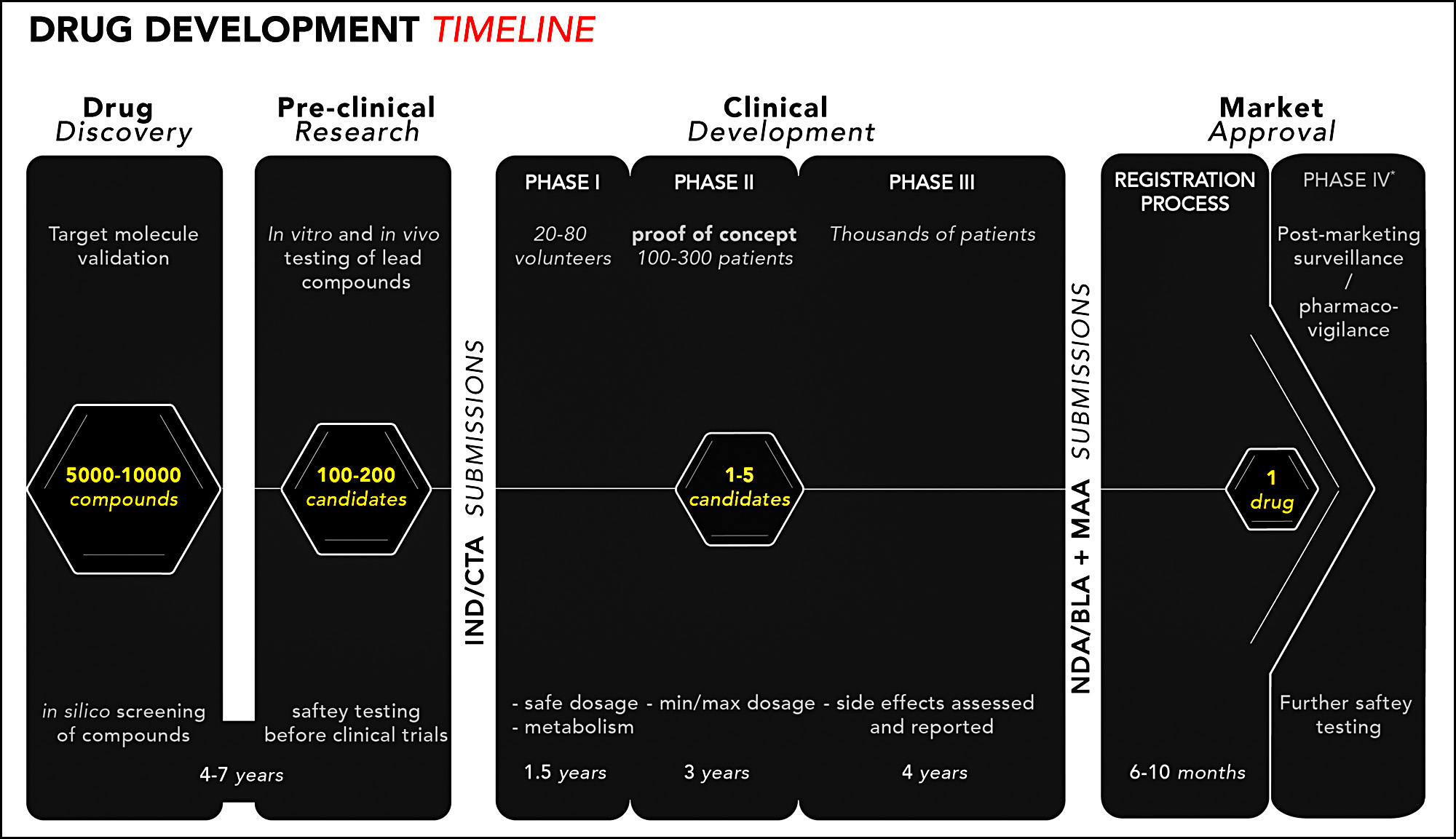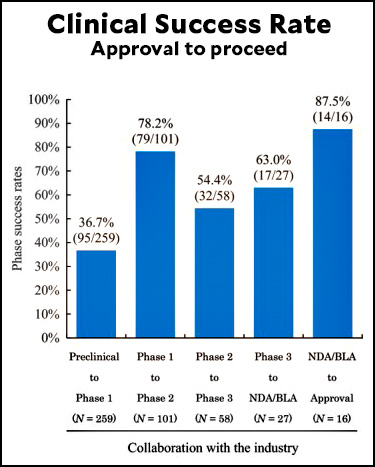Do pro-Palestinian protesters support Hamas? Probably most of them don't, but the language they routinely use leaves room for doubt. This is from Students for Justice in Palestine:
Settlers are not “civilians” in the sense of international law.... Resistance comes in all forms—armed struggle, general strikes, and popular demonstrations.
"Resistance" includes armed struggle and Israelis are not civilians. There may not be any explicit mention of Hamas here, but this is pretty obviously a defense of Hamas slaughtering civilians on October 7. In other places "the resistance" is used as a synonym for Hamas.
Avoiding explicit references to Hamas is plainly political. Jodi Dean, who was famously suspended from Hobart and William Smith Colleges for her "comments" on the Gaza war, is more explicit:
The images from October 7 of paragliders evading Israeli air defenses were for many of us exhilarating.... Although imperialist and Zionist forces try to condense the action into a singular figure of Hamas terrorism...the will to fight for Palestinian freedom precedes and exceeds it.
These are the paragliders who sailed into Israel and butchered more than a thousand civilians, including hundreds of kids at the Re'im music festival. This was "exhilarating."
The struggle for Palestinian liberation today is led by the Islamic Resistance Movement — Hamas. Hamas is supported by the entirety of the organized Palestinian left. One might have expected that the left in the imperial core [i.e., the United States] would follow the leadership of the Palestinian left in supporting Hamas. More often than not, though, left intellectuals echo the condemnations that imperialist states make the condition for speaking about Palestine.
In other words, American lefties feel like they "have to" condemn Hamas to maintain their credibility. But Dean is having none of it:
Defending Hamas, we take the side of the Palestinian resistance.... Which side are you on? Liberation or Zionism and imperialism? There are two sides and no alternative, no negotiation of the relation between oppressor and oppressed.
That's clear enough. It's worth noting that even after writing such an explicit defense of killing civilians, Dean's suspension was condemned by nearly everybody as a breach of academic freedom. Maybe that's correct. But after reading her entire essay, I have to wonder whether she can be trusted to treat all her students fairly and maintain an evenhanded approach in her lectures.
It's wise for most Palestinian resistance groups in the US to avoid being as clear as Dean. After all, most Americans, no matter whose side they're on, still think of Hamas as a brutal terrorist group. But even though the resistance groups try to keep things fuzzy, there's not much question that most of them think Hamas is just doing what has to be done and October 7 is therefore to be celebrated. After all, it was nothing more than a necessary step toward eliminating the settler colonialist Israelis once and for all.
POSTSCRIPT: And what about Israeli killing of civilians in Gaza? Is that just a necessary step toward eliminating Hamas? There are many who think so. I'm not one of them, but it's sophistry nonetheless to pretend these are the same things. Hamas invaded Israel for the express purpose of slaughtering civilians. Israel may be guilty of not caring enough about civilian deaths in Gaza, but they are fundamentally fighting against a terrorist group which has the announced aim of destroying Israel.
This is not some mushy, hair-splitting distinction that's blind to Israeli behavior. It's fundamental to the most minimal conception of human decency.
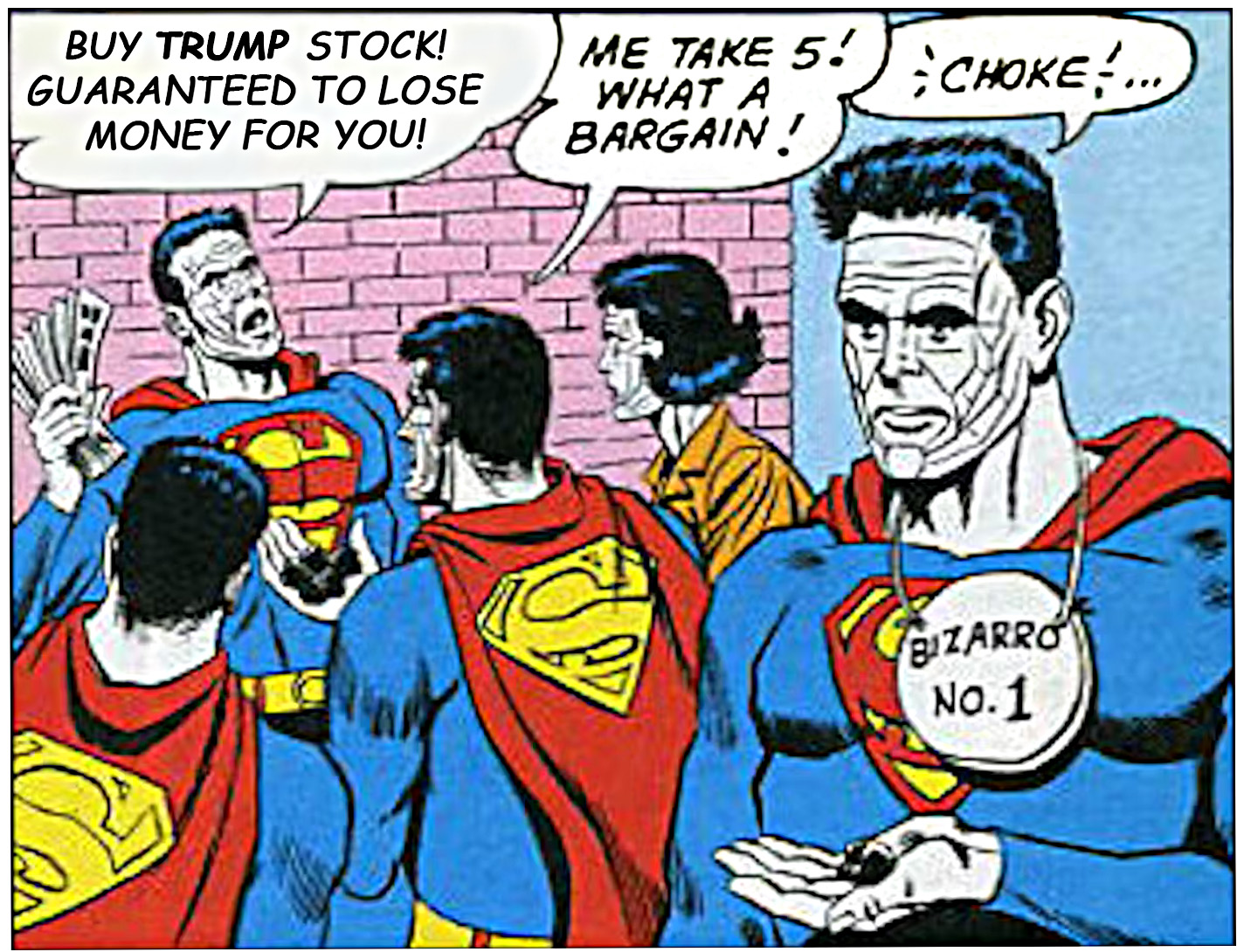 he will qualify to receive another 36 million shares of his social media company. Hooray!
he will qualify to receive another 36 million shares of his social media company. Hooray!
